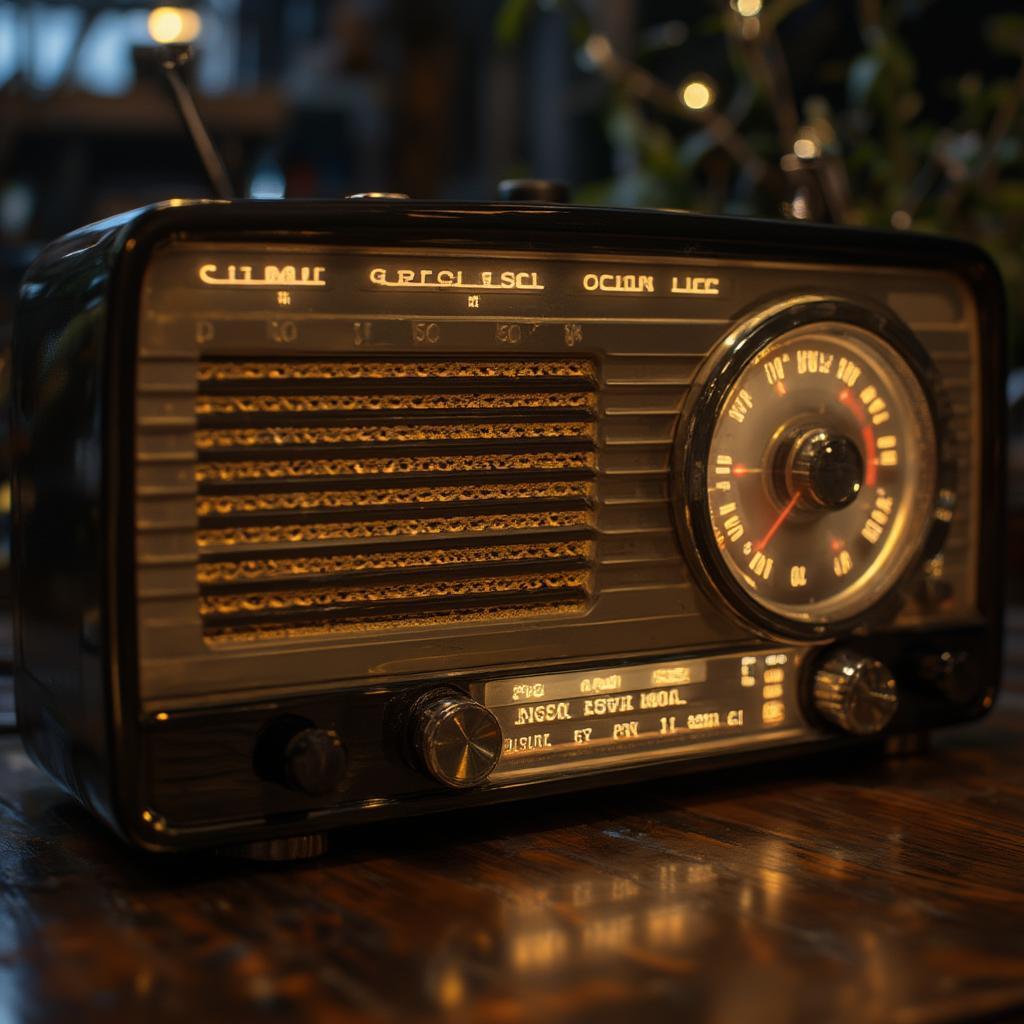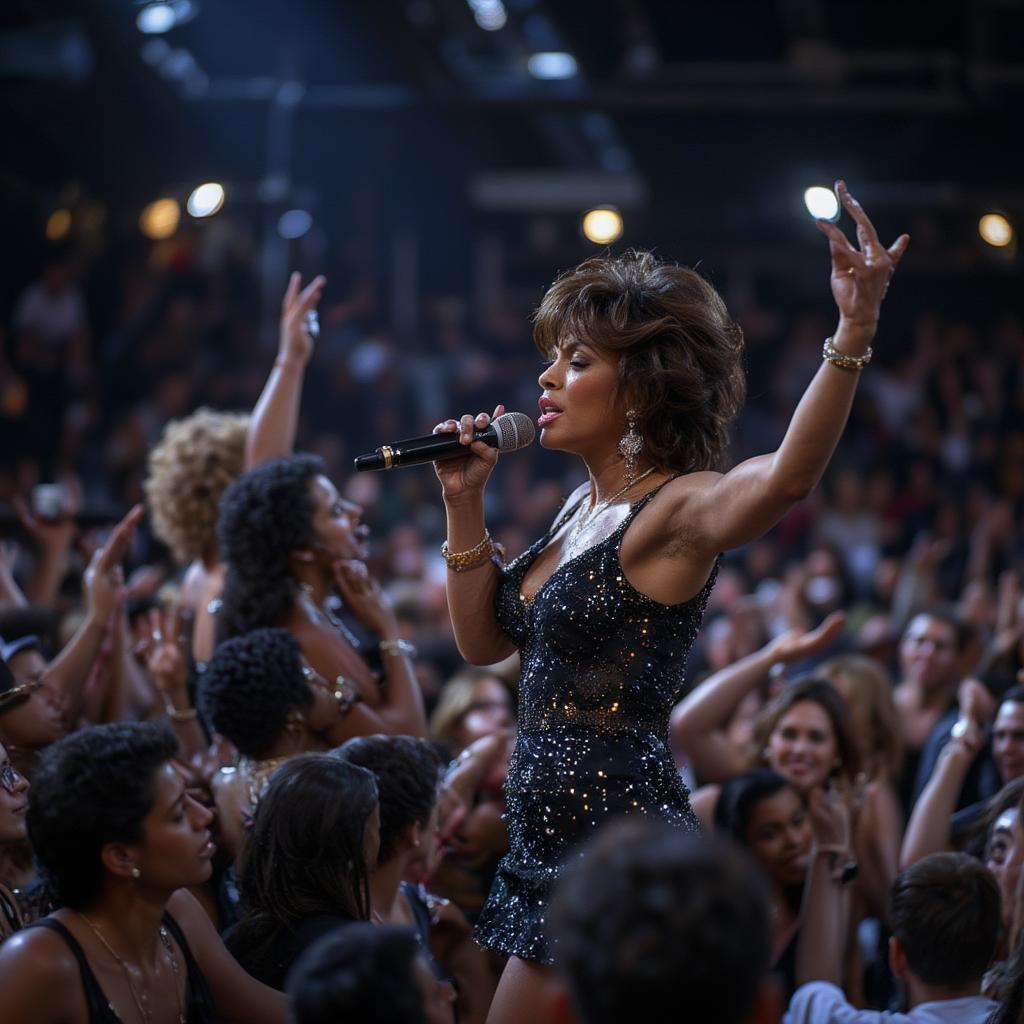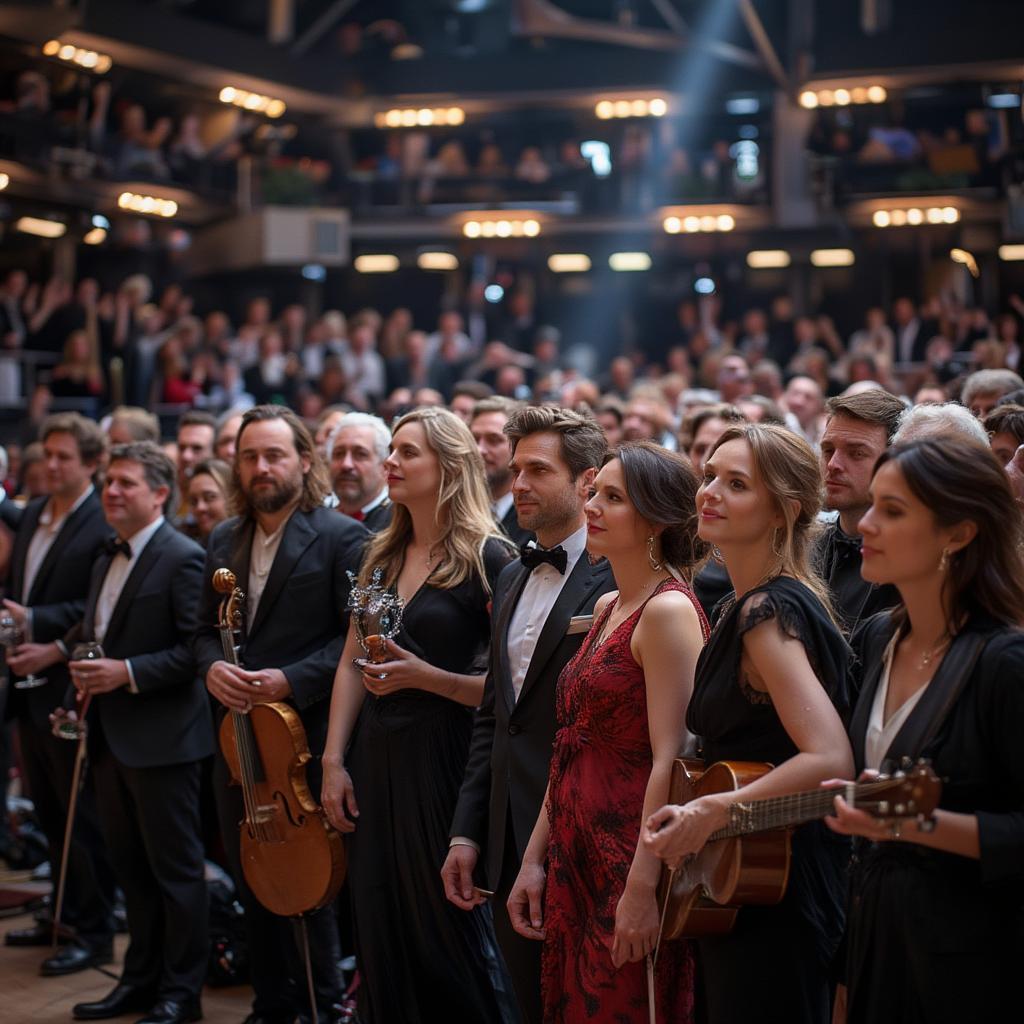Famous British Tenors Today: A Renaissance of Vocal Power
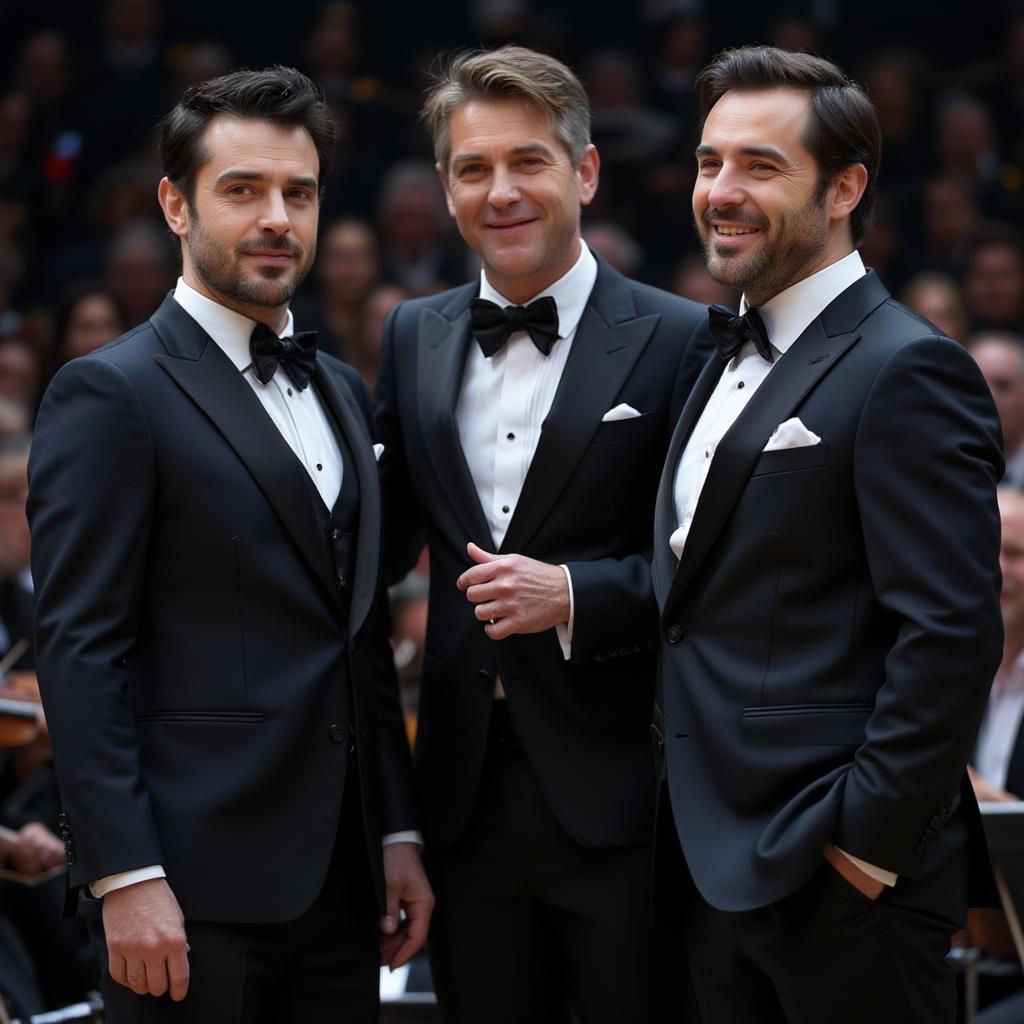
Famous British Tenors Today are experiencing a resurgence, captivating audiences worldwide with their powerful voices and impressive artistry. From opera houses to concert halls, these talented singers are breathing new life into the classical music scene and expanding its reach to new generations. This article explores the leading figures in British tenor talent, examining their unique styles, contributions, and the enduring appeal of this vocal category.
The Enduring Legacy of British Tenors
British tenors have a rich history, with legendary figures like Sir Peter Pears setting a high bar for generations to come. This tradition of vocal excellence continues today, with a diverse range of artists pushing boundaries and redefining what it means to be a tenor in the 21st century. Whether specializing in opera, oratorio, or contemporary works, these singers showcase the versatility and power of the tenor voice.
Who Are the Leading Famous British Tenors Today?
The landscape of famous British tenors today is brimming with talent. Leading the charge are established stars like Alfie Boe, known for his powerful stage presence and ability to seamlessly blend classical and popular music. His soaring vocals and charismatic performances have earned him a dedicated fan base and critical acclaim. Tenor Freddie De Tommaso’s rising star shines brightly, captivating audiences with his exceptional vocal technique and dramatic interpretations. Then there is the incredibly talented Nicky Spence, celebrated for his vibrant tone and versatility across various genres. 
What Makes a Great British Tenor?
While vocal prowess is essential, a truly great British tenor possesses more than just a beautiful voice. They embody a combination of factors, including exceptional technique, compelling stage presence, and the ability to connect with audiences on an emotional level. The distinct British vocal tradition, often characterized by clarity of diction and a nuanced approach to phrasing, also plays a significant role. It’s a blend of talent, training, and that intangible quality that allows them to breathe life into every note.
The Importance of Vocal Training and Technique
Rigorous vocal training is crucial for developing the strength, stamina, and control required to navigate the demanding tenor repertoire. Years of dedicated study and practice are necessary to master the technical aspects of singing, such as breath control, resonance, and vocal agility.
Beyond Technique: Artistry and Interpretation
However, technical proficiency alone is not enough. Great tenors possess a deep understanding of the music they perform, allowing them to interpret the lyrics and convey the emotions of the piece with authenticity and depth.
The Future of British Tenor Singing: Emerging Talent
The future of British tenor singing is bright, with a new generation of talented artists emerging onto the scene. These rising stars are building upon the legacy of their predecessors while forging their own unique paths. Their dedication to the craft and commitment to artistic excellence ensure that the tradition of British tenor singing will continue to thrive for years to come. 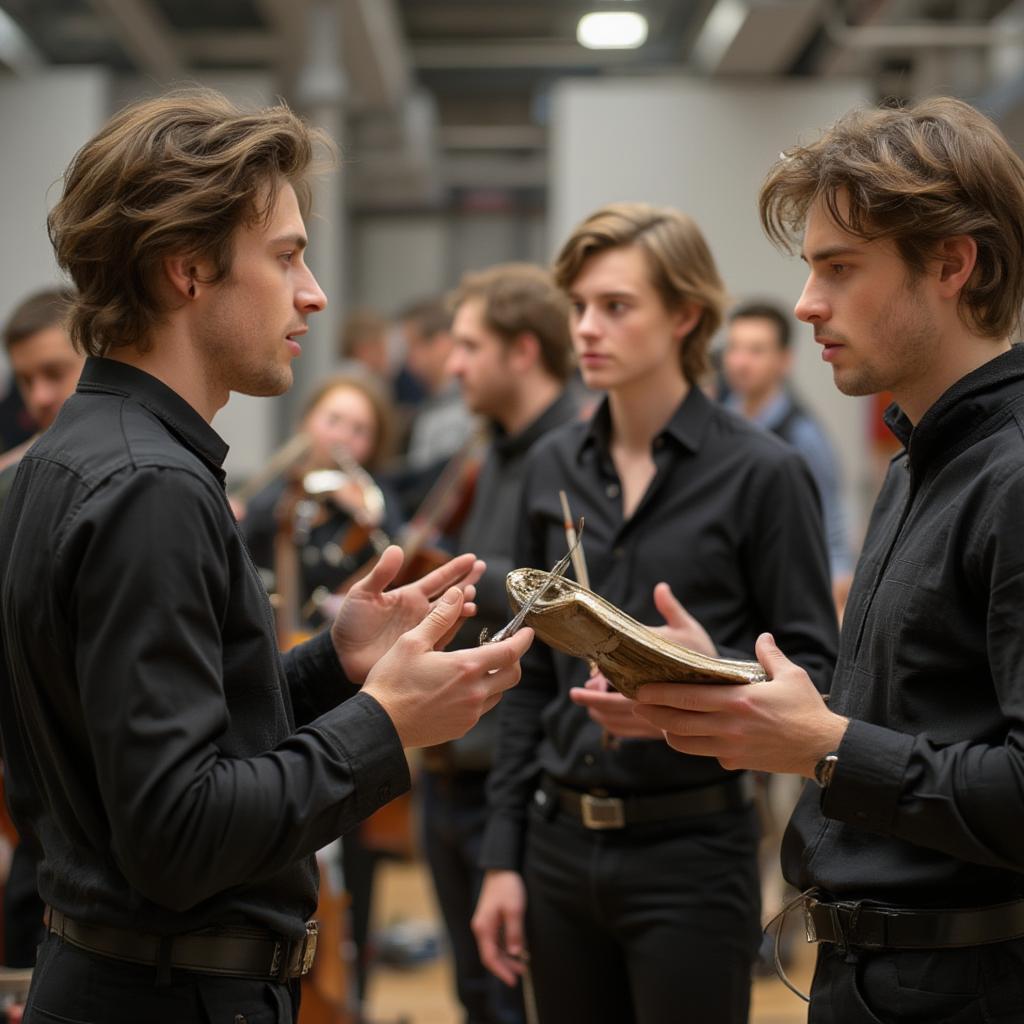
Where Can I Hear Famous British Tenors Today?
Opportunities to experience the power of famous British tenors today abound. Leading opera houses like the Royal Opera House in London regularly feature these artists in their productions. Concert halls and music festivals across the UK and internationally also provide platforms for these singers to showcase their talent. Attending a live performance allows audiences to witness the artistry and charisma of these exceptional vocalists firsthand. For those unable to attend live events, recordings and online streaming platforms offer access to a wealth of performances.
Conclusion
Famous British tenors today are carrying the torch of a rich vocal tradition, captivating audiences with their exceptional talent and artistry. Their contributions to the world of classical music ensure that this timeless art form continues to flourish and inspire. From established stars to rising talents, these singers exemplify the power and enduring appeal of the tenor voice. Whether you’re a seasoned opera aficionado or a newcomer to the world of classical music, experiencing the artistry of a British tenor is an unforgettable experience.
FAQ: Frequently Asked Questions About Famous British Tenors Today
-
Who is considered the most famous British tenor today? While popularity is subjective, Alfie Boe enjoys widespread recognition and commercial success.
-
Where can I find information on upcoming performances by British tenors? Check the websites of major opera houses, concert halls, and ticketing platforms for schedules and booking information.
-
What is the difference between a tenor and a baritone? A tenor generally has a higher vocal range than a baritone.
-
Are there any young, up-and-coming British tenors to watch? Freddie De Tommaso is a name frequently mentioned as a rising star in the opera world.
-
What are some famous British tenor arias? “Nessun Dorma” from Puccini’s Turandot is a popular and iconic tenor aria, often performed by British tenors.
-
Do British tenors typically sing in English or Italian? British tenors perform in various languages, depending on the repertoire, including English, Italian, French, and German.
-
How can I learn more about the history of British tenors? Numerous books and online resources document the history of British tenor singing.
-
Is opera the only genre where British tenors perform? No, British tenors perform in various genres, including oratorio, musical theatre, and even popular music.
-
What training is required to become a professional tenor? Becoming a professional tenor requires years of dedicated vocal training, often including formal study at a conservatory or music school.

